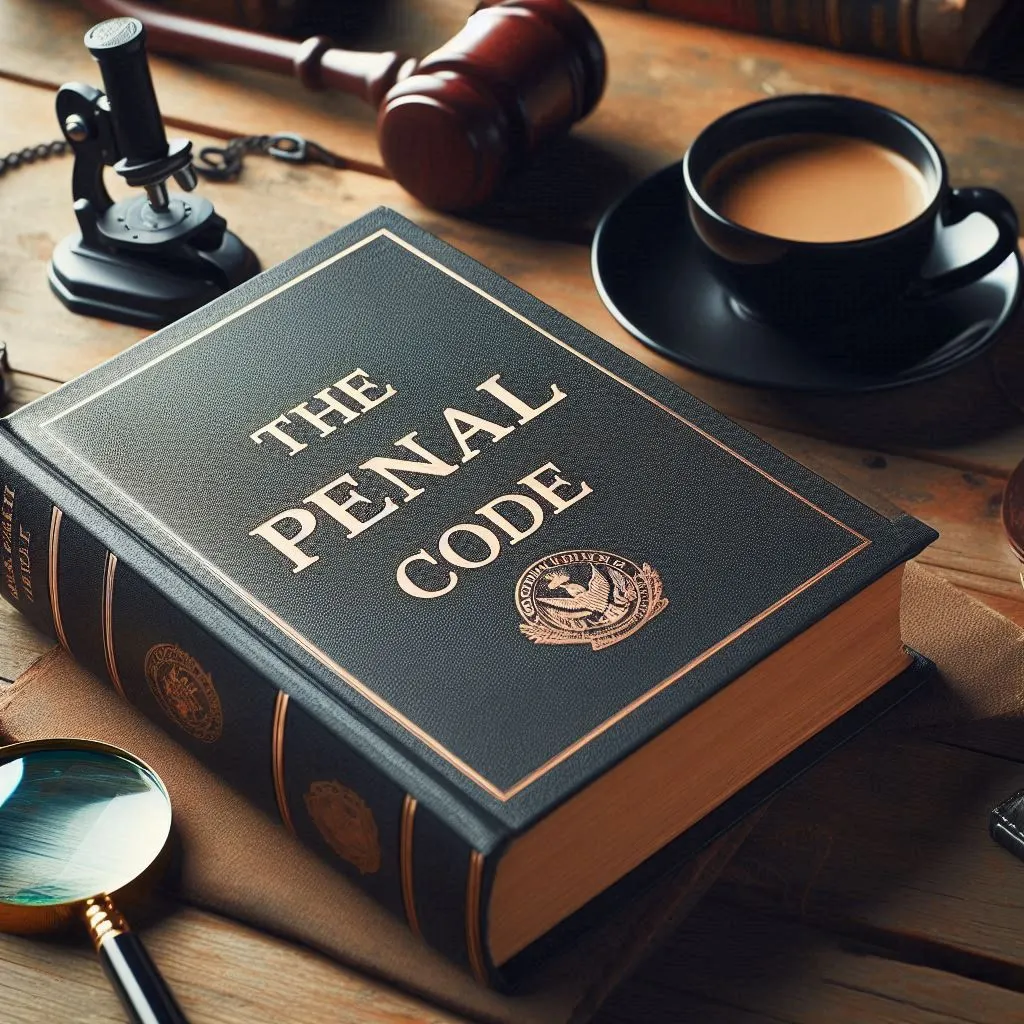
Section (03+04) [Crime committed outside Bangladesh]
Section 03 (Punishment of offences committed beyond, but which by law may be tried within Bangladesh)
If a person is liable, by any Bangladesh Law who committed a crime abroad but if Bangladeshis laws allow them to be tried here, then the criminal laws and trial process of Bangladesh will be fully applied – just as if the crime occurred inside Bangladesh.
Example
Let’s imagine a person named Ahmed who is a citizen of Bangladesh. Ahmed travels to a neighboring country, let’s say India, and commits a theft there. According to the principle mentioned before, even though Ahmed committed the theft in India, he will be treated as if he committed the crime in Bangladesh. This means that when Ahmed returns to Bangladesh, he will be subject to the laws and legal procedures of Bangladesh, just as if he had committed the theft within the borders of Bangladesh. So, Ahmed cannot escape punishment by committing a crime outside of Bangladesh. The legal system in Bangladesh will hold him accountable for his actions, using the same rules and punishments that would apply if the crime had occurred in Bangladesh itself.
Section 04 (Extension of Code to extra-territorial offences)
The Bangladesh criminal law code applies to crimes committed outside of Bangladesh in some situations. Namely:
- Any citizen of Bangladesh who commits a crime in any place outside of Bangladesh. This means that if a Bangladeshi citizen commits a crime in another country, the Bangladesh criminal law code will still apply to them.
- Any person who commits a crime on any ship or aircraft that is registered in Bangladesh. This applies no matter where in the world the ship or aircraft is located. So if a ship or plane from Bangladesh is somewhere else and a crime occurs on board, the Bangladesh criminal law code will apply.
An important point is made at the end. It says that the word “offence” or crime mentioned above includes any act committed outside Bangladesh that would be considered a punishable crime if committed inside Bangladesh.
Illustrations
Illustration (a): A is a citizen of Bangladesh. However, he commits a murder in Uganda, which is a different country. According to the statement, A can be tried and found guilty of murder in any location within Bangladesh, regardless of where the crime took place. This means that even though A committed the murder outside Bangladesh, if he is found within Bangladesh’s borders, he can be held accountable and convicted for the crime.
Illustration (b): B is a British citizen from Europe. In this case, B commits a murder in Rangpur, which is a place within Bangladesh. According to the statement, B can be tried and convicted of murder in any location within Bangladesh where he is found. This means that B cannot escape legal consequences of moving to a different place within Bangladesh after committing the crime in Rangpur. He can still be prosecuted and found guilty of the offense.
Illustration (c): C is a foreigner working for the Bangladesh Government. C commits a murder in Khulna, which is another place within Bangladesh. According to the statement, C can be tried and convicted of murder at any location within Bangladesh where he is found. This means that even though C is not a citizen of Bangladesh, if he commits a crime within the country, he can be held accountable and prosecuted in any location within Bangladesh.
Illustration (d): D is a British citizen who resides in Khulna. D encourages or provokes someone named E to commit a murder in Chittagong, which is a different place within Bangladesh. In this case, D is guilty of abetting (encouraging or provoking) the murder. The statement suggests that D can be held accountable and found guilty of abetting murder, even though he did not commit the actual act himself. This emphasizes that those who aid or instigate a crime can also be held responsible for their actions.
Diagram for Section 03 and 04 Combined
![Section (03+04) [Crime committed outside Bangladesh]](https://sakib.com.bd/wp-content/uploads/2024/06/image-1024x355.png)






